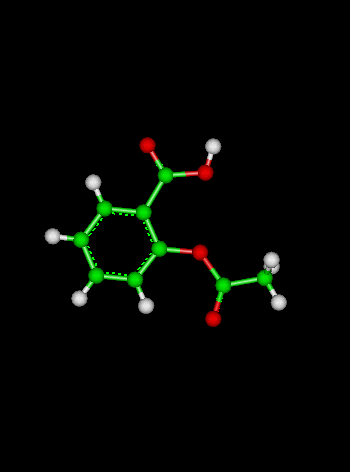
Course Chapters
Section Tests
Online Calculators Linear Least Squares Regression Newton's Method Equation Solver
Related Information Links
|
Problem 1 Solution
(a) 1.3333333 (b) 2.5 cups mix and 1.875 cups water
(c) 16.66667 cups mix and 12.5 cups water
Solution Steps for Part (a):What is the ratio of mix to water in each case?
Answer:We know from the table that the ratio of mix to water in each case is:
 Notice that these ratios all reduce to the same decimal using a calculator, 1.3333333, which we may interpret as 1.3333333 parts mix to one part water ( 1.3333333 : 1 ). Notice that order is important in a ratio; the convention is to put the first quantity -- for us the mix amount -- in the numerator (top of fraction) and the second -- the water -- in the denominator (bottom).
Solution Steps for Part (b):What quantities of mix and water should be used if we want to make 15 pancakes?
Answer:There are several ways to figure this answer. Here is how to use a proportion to get it. We know from the first row of the table that the ratio of mix to pancakes is 1 : 6. We can get the amount of mix for 15 pancakes using a proportion:
 Notice that we've used x for the unknown amount of mix. Cross multiplying this gives:
So we need 2.5 cups of mix for 15 pancakes. How much water? Using the ratio we found above for mix to water, 1.3333333, and solving:  1.3333333 x = 2.5
x = 2.5
Solution Steps for Part (c):What quantities of mix and water should be used if we want to make 100 pancakes?
Answer:Using the same technique as above: We know from the first row of the table that the ratio of mix to pancakes is 1 : 6. We can get the amount of mix for 100 pancakes using a proportion:
 So we need 16.666667 cups of mix for 100 pancakes. How much water? Using the ratio we found above for mix to water, 1.3333333, and solving:
 1.3333333 x = 16.666667 x = 12.5
|
 Shodor
Shodorin cooperation with the Department of Chemistry,
The University of North Carolina at Chapel Hill
Copyright © 1996-2008 Shodor
Please direct questions and comments about this page to
WebMaster@shodor.org
 1.3333333 = 1.875.
1.3333333 = 1.875.